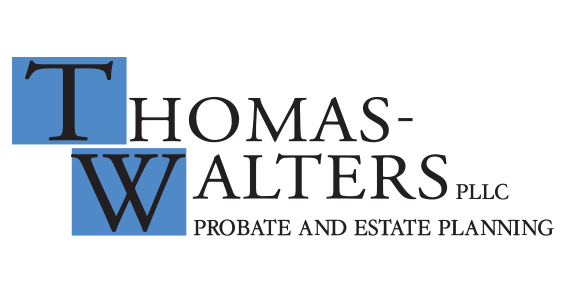A once-popular estate planning tool may now cost families more in taxes than it saves. Changes in the estate tax have made the "bypass trust" a less appealing option for many families. If your estate plan includes one, you should reconsider its necessity because it could be doing more harm than good.
When the first spouse dies and leaves everything to the surviving spouse, the surviving spouse may have an estate that exceeds the state or federal estate tax exemption. A bypass trust (also called an "A/B trust" or a "credit shelter trust") was designed to prevent the estate of the surviving spouse from having to pay estate tax. The standard in estate tax planning was to split an estate that was over the prevailing state or federal exemption amount between spouses and for each spouse to execute a trust to “shelter” the first exemption amount in the estate of the first spouse to pass away. While the terms of such trusts vary, they generally provide that the trust income will be paid to the surviving spouse and the trust principal will be available at the discretion of the trustee if needed by the surviving spouse. Since the surviving spouse does not control distributions of principal, the trust funds are not included in the surviving spouse's estate at his or her death and will not be subject to tax.
In 2013, estate taxes changed dramatically and now very few people are subject to federal estate taxes. Currently, the first $5.49 million (in 2017) of an estate is exempt from federal estate taxes, so theoretically a husband and wife would have no estate tax if their estate is less than $10.98 million. The estate tax is now also "portable" between spouses, accomplishing the same purpose as a bypass trust. This means that if the first spouse to die does not use all of his or her $5.49 million exemption, the estate of the surviving spouse may use it (provided the surviving spouse makes an “election” on the first spouse’s estate tax return).
One problem with a bypass trust is that the surviving spouse does not have complete control over of the assets in the trust. The surviving spouse's right to use assets in the trust is limited and requires the filing of accountings and separate tax forms. In addition, if the trust generates income that is not passed to the beneficiary, that income can be taxed at a higher tax rate than if it wasn't in a trust.
Another problem is that a bypass trust can actually cost more in capital gains taxes than it saves in estate taxes. When someone passes away, his or her assets receive a step-up in basis. When an asset is in a bypass trust, it does not receive a step-up in basis because it is passing outside of the spouse's estate. If the assets are sold after the surviving spouse dies, the spouse's heirs will likely have to pay higher capital gains taxes than if the heirs had inherited the asset outright.
A bypass trust can still be useful in some circumstances. If your estate is greater than the current estate tax exemption, a bypass trust is still a good way to protect your assets from the estate tax. In addition, some states tax estates at thresholds much lower than the federal estate tax, and a bypass trust may help in those states. For other people, these trusts have other uses besides avoiding estate taxes. To find out if your estate plan contains an unnecessary bypass trust or if you need one, contact us for a complementary estate planning consultation.
